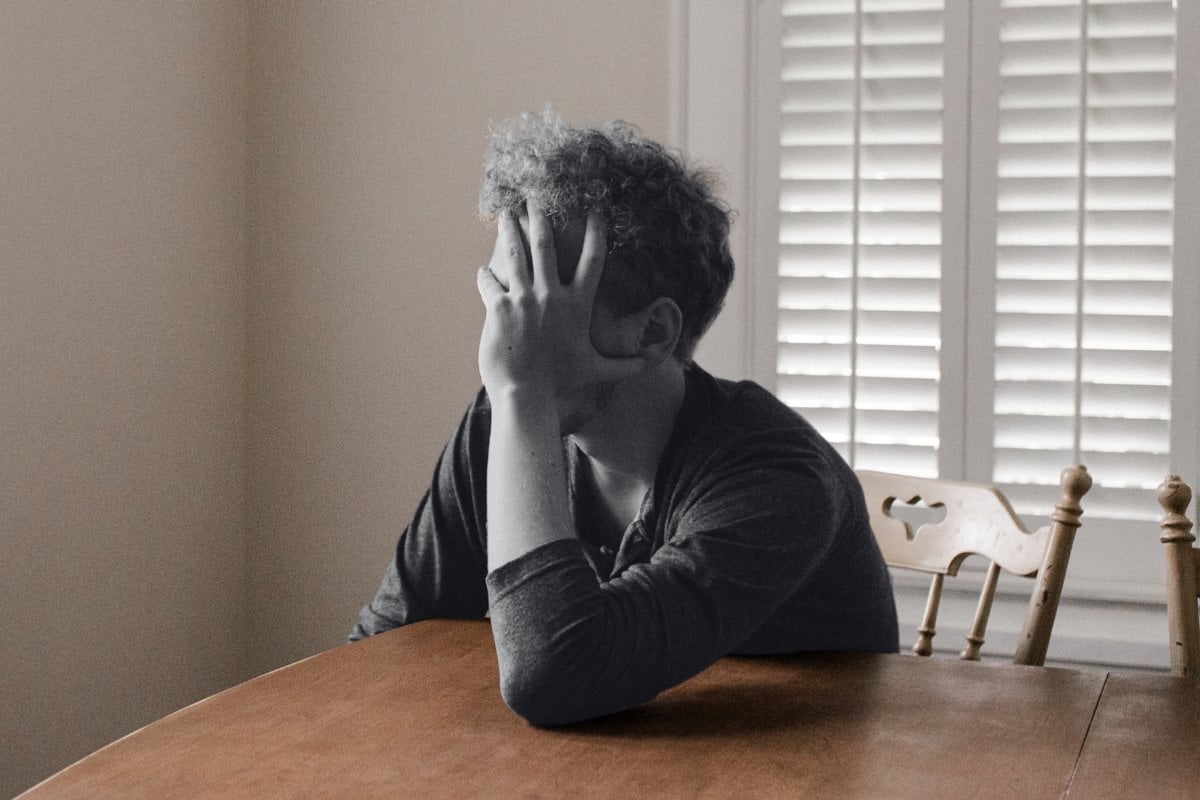
This post deals with suicide and might be triggering for some readers.
"My son died last lockdown. I have his phone. His last messages were trying to reach people and see people. Our young people are vulnerable. Look out for them. Especially young people with mental health illnesses and [that] use drugs."
When Sydney went into lockdown recently, these were the heart wrenching words of warning from a mother on Twitter.
I felt sick as I read the tweet.
As the parent of a child who struggles with his mental health, losing him is a fear we live with daily - especially when restrictions crank up the pressure.
Since our son was a teenager, we have experienced this emotional rollercoaster, which never gets easier.
Diagnosed with ADHD, OCD and generalised anxiety disorder, and dependent on self-medication, he is sadly in a mental healthcare system that lacks adequate funding, and often, only jumps into action when it’s too late.
Sometimes, I think only his fighting spirit, medication, and our vigilance (he would call it intrusion) have kept our son alive and capable of pursuing an independent life for himself in the city.
However, each time lockdown strikes, the lack of structure to his days, the absence of socialisation, and his limited financial resources risk throwing him into a spiral of fear, negativity, and ultimately, depression.
During these strained periods, keeping the communication channels open is even more imperative - but that doesn’t guarantee he will reciprocate.

Top Comments